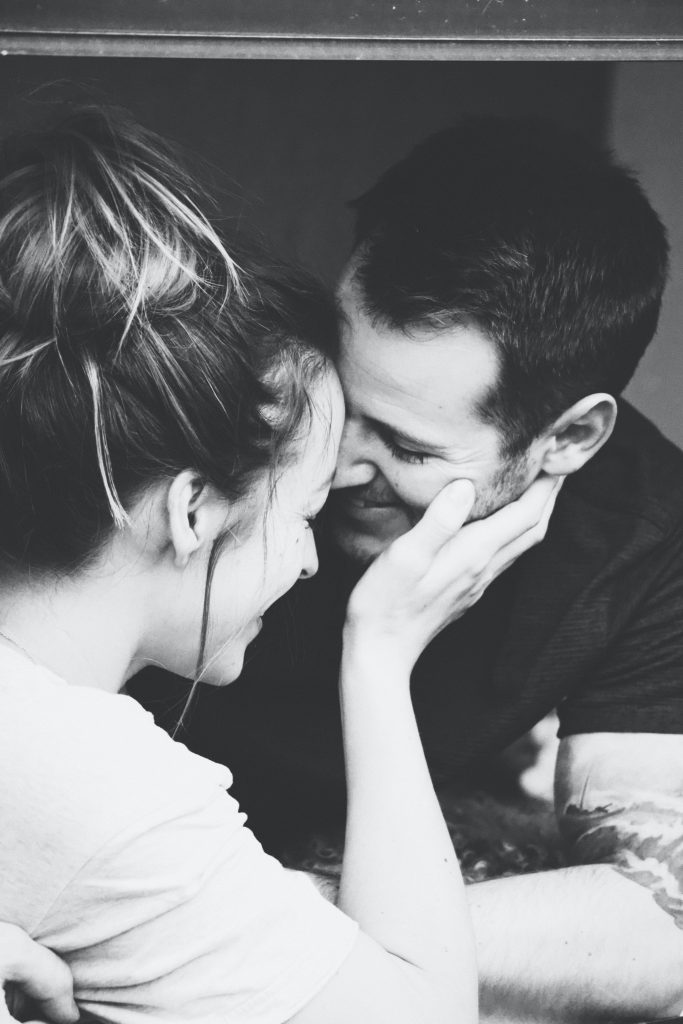Your first time having sex with a woman can be exciting, nerve-wracking and erotic. However, it can also be confusing.
Most young people get their sex education from porn, which is created for the male gaze and doesn’t resemble what actually happens or feels good.
First-time lesbians should follow safe sex practices, including using barrier methods (dental dams for oral sex, latex or nitrile gloves for digital stimulation and condoms when sharing sex toys). They should also have regular STI screenings.
What to Expect
Although all romantic relationships can benefit from universal relationship advice, there are some specific challenges and gifts that lesbians face when it comes to dating. For example, there can be confusion about whether someone is interested in being friends or a potential partner.
When you are dating a lesbian, it is important to be clear about your interest in her from the beginning. This is especially true if you want to avoid the dreaded “lesbian death bed,” which refers to when the couple stops having regular sex because of boredom.
Likewise, it is important to be clear about your boundaries. It is also a good idea to avoid discussing sensitive topics, such as politics or religion. Keeping the conversation light and breezy can help to create a fun and intimate atmosphere. It can also encourage the flow of oxytocin, which can improve intimacy. However, be sure to also include some time for your own interests.
Preparation is Key
Regardless of your sexuality or gender identity, entering into a new relationship requires preparation. Spending time getting to know yourself and your partner is important. Learn what you like and don’t like, what you need for intimacy, and what your goals are.
This also includes spending time with people who are supportive of the LGBT community. Attending LGBTQ events or simply socializing with progressive coworkers are great ways to meet other like-minded people.
If you’re struggling with internalized homophobia or minority stress, seeking relationship therapy is a good option. A therapist can help you process issues that are unique to gay couples, as well as strengthen the skills you already have.
Don’t Take Things Too Fast
While it’s not unheard of for two women who hit it off to start dating or even move in together after just one date, it is best to take things slowly and cautiously. It’s easy to get carried away with hormones and end up moving too quickly.
It’s also important to remember that the female anatomy is different from a man’s, and a first-time lesbian experience is likely to be a bit of a fumble in the dark. It’s a good idea to practise on yourself before trying it on a new girl – using vibrators and toys, or even your own vulva, or getting creative with household items. And make sure to trim your nails beforehand – no one wants their fingers ripped out during sex!
Don’t use alcohol as your main lubricant, either – while having a few drinks may help you to feel more relaxed and erotic, it can be a turn-off for your partner.
Be Empathetic
Being empathetic means emotionally understanding someone else’s feelings and seeing things from their point of view. It also involves imagining yourself in their place. For instance, if another person lost their loved one in a horrific accident, you could empathize with them even if the death wasn’t yours personally because you know what it feels like to lose someone, and that is a common human feeling.
To empathize, you have to dispense with your own ratings, analyses, evaluations and critiques to gain subjective access to the target’s world. This is why most of us lack empathy for child molesters and mass murderers.
Being empathetic takes patience and practice, but it’s worth it. Practicing it can help you de-escalate conflict and strong emotions. It can also bring about fundamental social change, as evidenced by the powerful Israeli-Palestinian Parents Circle. It brings bereaved families together to talk about their loss and build lasting connections that transcend political differences.
